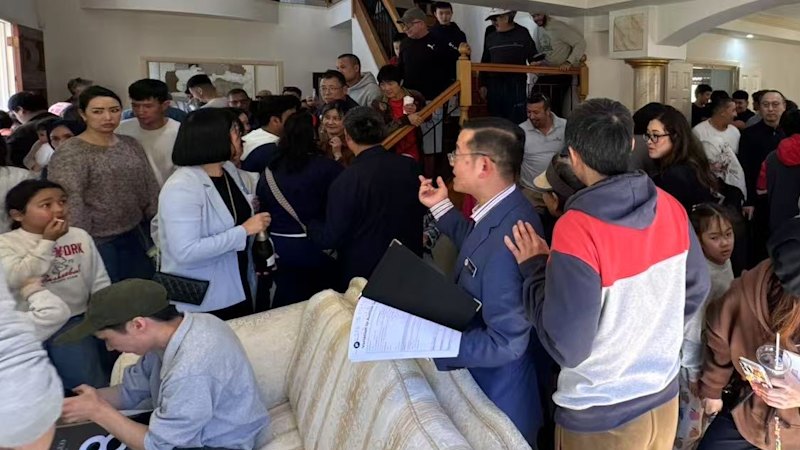
Australians perceive young people as victims of intergenerational inequity, with a significant 75% believing that financial challenges begin with the property market. This sentiment is echoed in a recent Resolve Political Monitor poll, which highlights a widespread consensus across various political and age groups that generations Z, Alpha, and Millennials are being adversely affected by the actions of older generations.
The escalating housing crisis in Australia has become a focal point of concern, particularly as median house prices have surged over the past three decades. Former Treasury Secretary Ken Henry has been vocal in his criticism, asserting that successive governments have compelled young Australians to pay increasingly high personal income taxes to fund benefits that primarily benefit older demographics. He characterized these actions as “wilful acts of bastardry.”
According to the poll, nearly 50% of respondents believe young people have received the short end of the stick in the intergenerational struggle. A significant 35% of individuals aged between 18 and 34 reported feeling “much” worse off compared to previous generations. This perception is particularly pronounced in marginal seats, where 51% of voters shared this opinion. Among those who did not support either of the major political parties, the figure rose to 56%.
The data also reveals the stark reality of home ownership in Australia. Over the last 30 years, the median house price has escalated from three to four times average earnings to a staggering ten times average earnings. The poll indicates that 76% of participants agree it is now more challenging for young people to purchase their first home, with only 10% disagreeing. Notably, older voters (aged 55 or more) were the least likely to recognize this difficulty.
In response to the crisis, both major political parties face pressure to implement more effective housing policies. A mere 13% of respondents felt that current governmental actions were excessive, while 45%, including 50% of older voters, argued that more substantial measures are necessary.
Housing Minister Clare O’Neil has acknowledged the growing challenges faced by young Australians, stating that those on lower incomes are now half as likely to own a home compared to earlier generations. “This is not just a story of individual hardship, though that matters enormously. Housing is at the centre of intergenerational inequality,” she commented. O’Neil highlighted the government’s ambitious housing agenda, which aims to construct more homes and improve renter rights, alongside an election commitment to reserve 100,000 homes for first-time buyers.
Conversely, Andrew Bragg, the Coalition’s housing spokesperson, criticized the government’s approach, claiming that for $57.5 billion in taxpayer spending, little progress has been made in constructing new homes. He referenced data from the Parliamentary Budget Library, which outlines the government’s commitment of $23.1 billion in housing spending, alongside an additional $34.4 billion through off-budget funding vehicles.
The independent Parliamentary Budget Office has recently warned that younger generations will bear the brunt of future financial pressures, particularly as gross government debt reached $963.9 billion and is expected to exceed $1 trillion by the end of the financial year. The office pointed out that younger individuals are likely to face heavier tax burdens compared to other income forms, such as capital gains.
To alleviate these financial strains, independent economist Chris Richardson proposed increasing personal income tax thresholds by 2.5%, aligning with the Reserve Bank’s inflation target. He argued that the current system disproportionately disadvantages young, working individuals, as any shortfalls in tax collection from failing sectors eventually lead to higher taxes on workers.
Overall, the prevailing sentiment among Australians is one of urgency for governmental action to address the housing crisis and the broader implications of intergenerational inequality. As the nation grapples with these challenges, the call for more effective policies to support younger generations continues to grow.






